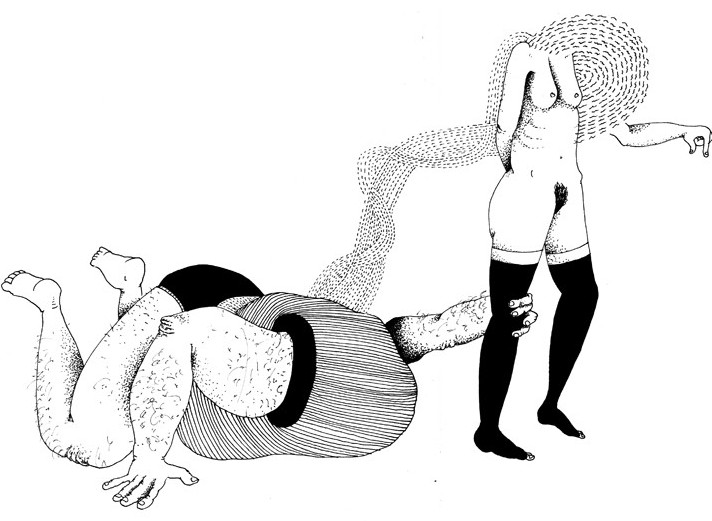
Faster, Broader, but Less Deep
"What is in mind is a sort of Chautauqua...that's the only name I can think of for it...like the traveling tent-show Chautauquas that used to move across America, this America, the one that we are now in, an old-time series of popular talks intended to edify and entertain, improve the mind and bring culture and enlightenment to the ears and thoughts of the hearer.
The Chautauquas were pushed aside by faster-paced radio, movies and TV, and it seems to me the change was not entirely an improvement. Perhaps because of these changes the stream of national consciousness moves faster now, and is broader, but it seems to run less deep. The old channels cannot contain it and in its search for new ones there seems to be growing havoc and destruction along its banks.
There are eras of human history in which the channels of thought have been too deeply cut and no change was possible, and nothing new ever happened, and 'best' was a matter of dogma, but that is not the situation now.
Now the stream of our common consciousness seems to be obliterating its own banks, losing its central direction and purpose, flooding the lowlands, disconnecting and isolating the highlands and to no particular purpose other than the wasteful fulfillment of its own internal momentum."1
The Internet: Too Much Too Fast
It appears that perhaps the most substantial problem with man's greatest modern invention, the internet, is its potential to overstimulate and mire our individual minds, and thus, counties, states, countries, continents, and world, in a meaningless directionless morass.
Isn't this almost exactly the threat to human significance and evolutionary coherence Robert Persig is talking about above, 34 years ago, except with the more primitive mediums of radio and t.v.? For even then, the question of placing to much power, faith, and focus in one single form of media capable of monopolizing human communications and perceptions of knowledge was recognized.
Doesn't the internet pose to perhaps splinter human advancement at least in as much of a way as it mirrors the ever-complexer labyrinth of websites which is currently regarded as spearheading that advancement?
Self-Destruction or Hyper-Evolution?
Will we be subsumed by our greatest creation, losing our identity and value in the process?
.jpg)
We may very well become the internet. And if/when we do, it may be left to Google's algorithm's to become the unifying and directing force of humankind.
But what kind of people, body, entity would humanity be then? A spider trapped in its own obscenely intricate web?
Moreover, one may be able to someday credit the internet with the destruction of an intelligent human civilization, and thus perhaps, eventually, itself.
On the other hand, we may employ the same insatiable curiosity and immense ingenuity which created the internet to harness its power and shepherd us towards a discernible, focused, and advantageous future, where possibly the fruits of a Hyper-Evolution of Self-Evolution are realized.
Why does any of this matter?
These possible outcomes of the confluence of man and internet are obviously extremes, and maybe sweeping generalizations of those extremes, but as Moore's Law becomes one of the most influential force's in the human world, the human clock has no chance at keeping pace with the technological clock - that is - unless we thoughtfully speculate far ahead into possible futures to help compensate - right?
Related Reading
"In Korea, a Boot Camp Cure for Web Obsession"
"Technoslave"
Source
1 "Zen and the Art of Motorcycle Maintenance"
.jpg)
.jpg)
.jpg)



.jpg)
No comments:
Post a Comment